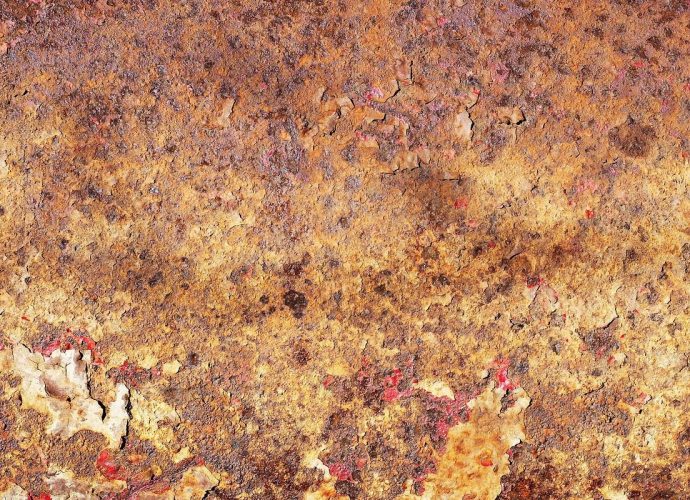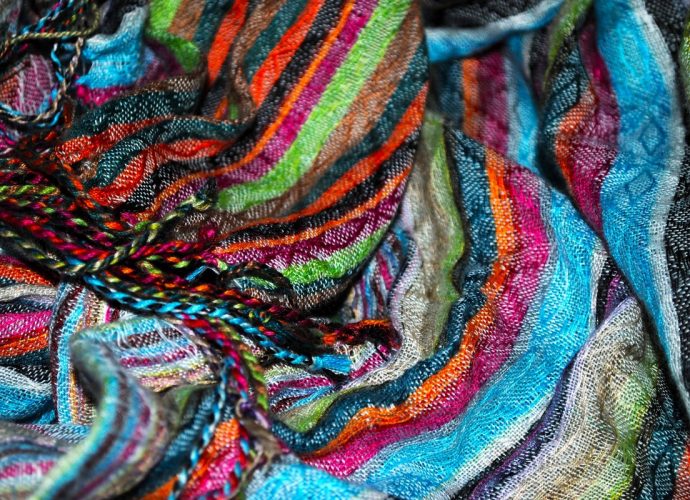Are Vitiligo Patches Permanent?
You may be referred to a doctor who specialises in treating skin conditions (dermatologist) if further treatment is needed. Protection from the sun. Sunburn is a severe risk if you have vitiligo. … Vitamin D. … Skin camouflage. … Topical steroids. … Referral. … Topical pimecrolimus or tacrolimus. … Phototherapy.Read More →









